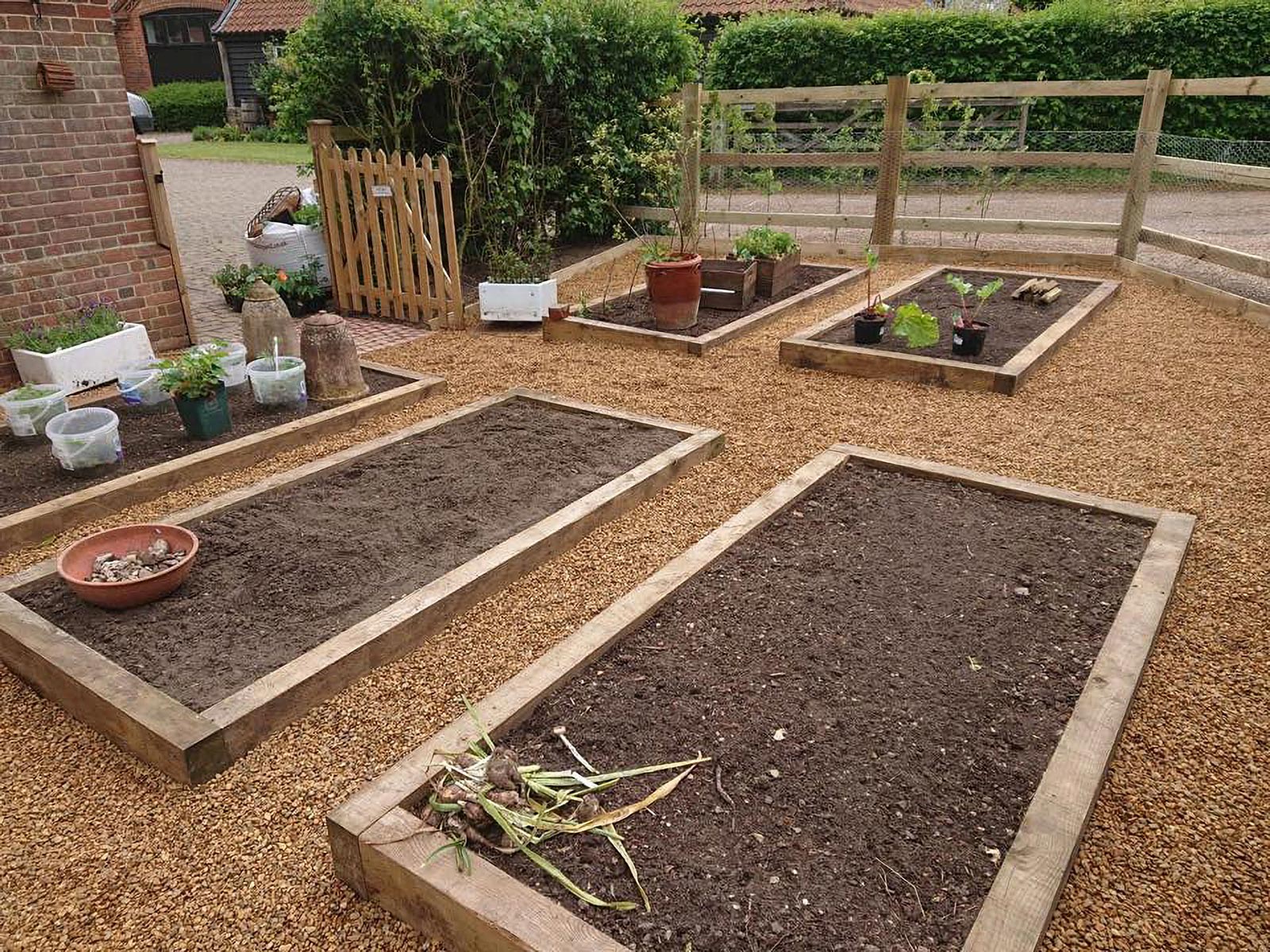 Add My Company
Add My Company

Good drainage: Raised beds are typically filled with a mixture of soil and compost, which provides good drainage for plants. This is especially important in areas with heavy clay soil or poor drainage.
Increased soil temperature: Raised beds warm up more quickly in the spring than in-ground gardens, which can extend the growing season. This is ideal for growing warm-season crops such as tomatoes and peppers.
Improved access: Raised beds are easier to reach and weed than in-ground gardens, especially for people with limited mobility.
Barrier to pests: Raised beds can serve as a barrier to garden pests such as rabbits and groundhogs.
Raised beds can be any size or shape, and they can be made from a variety of materials, such as wood, stone, or concrete. They can be filled with a mixture of soil and compost, or with a special raised bed mix that is designed for optimal drainage and fertility.
To maintain raised beds, it is important to refresh the soil regularly by adding compost or other organic matter. This will help to ensure that the soil remains fertile and well-draining. Raised beds should also be watered regularly, especially during hot weather.
With proper care, raised beds can provide many years of productive and enjoyable gardening.
For more information on Raised Beds Landscaping Services Eaton talk to Plantscape
